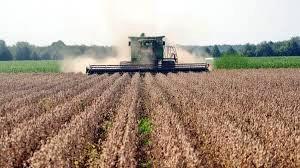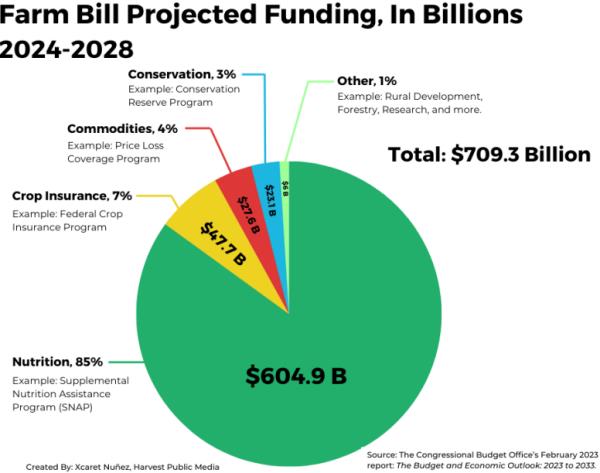 A group of Representatives within the Republican Caucus have addressed a letter to the House Agriculture Committee opposing any increase in the reference price for commodities to be included in the 2023 Farm Bill that is still incomplete. Rep Alex Mooney (R-WV) together with five colleagues from diverse states are justifiably concerned over the escalating National deficit.
A group of Representatives within the Republican Caucus have addressed a letter to the House Agriculture Committee opposing any increase in the reference price for commodities to be included in the 2023 Farm Bill that is still incomplete. Rep Alex Mooney (R-WV) together with five colleagues from diverse states are justifiably concerned over the escalating National deficit.
Their action is supported by think tanks including Taxpayers for Common Sense. Joshua Sewell the Director for Research and Policy of this organization, stated, “Farm lobbyist proposals to further increase farm subsidies through higher government-enforced reference prices is not something most farmers are asking for.” Sewell and his organization believe that taxpayers should not bear the additional costs.
The Heritage Foundation warns of “Well connected special interests successfully lobbying Washington for bigger handouts.” Increasing the reference prices will contribute to inflation. The Heritage Foundation also notes the disproportionate allocation of subsidies and funding to large corporate farming enterprises. The National Taxpayers Union also opposes any increase in reference prices “at a time of massive federal budget deficits”.
 |
Studies conducted by agricultural economists show that higher reference prices would benefit less than 6,000 farming operations in a few states and less than one percent of the two million U.S. farms would receive additional funding. Crops that would be eligible for subsidies would include cotton, rice and peanuts that traditionally have high payment rates based on the difference between the guaranteed price and what the market will offer. It is a reality that, payments are linked to volume of production ensuring that the larger the farm the higher the share of available funding.
In 2021 ten percent of U.S. farmers received 80 percent of Price Loss Coverage (PLC) payments.
According to the Congressional Budget Office rice and peanut farmers receive three-fold more per acre compared to corn farmers and six times more than soybean farmers.
There is no direct support for egg or broiler producers who are subject to the vagaries of the market and fluctuations in commodity costs that are influenced by weather and export volume in addition to geopolitical events completely beyond their control.